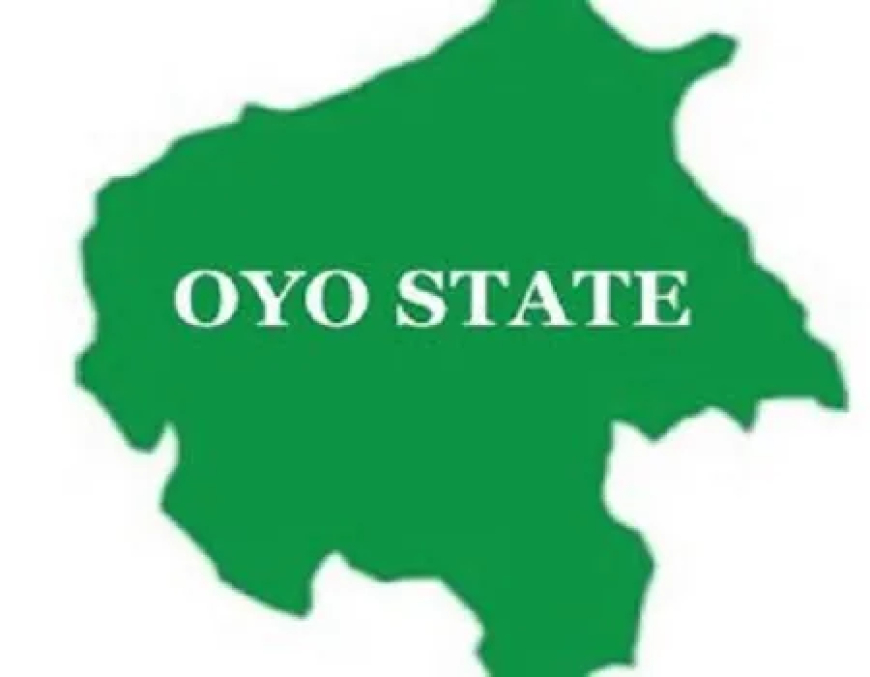Oyo rolls out 4-year strategic plan to end HIV epidemic

19 local governments currently having a zero HIV prevalence rate
The Oyo State government has said it is forming its future HIV response in accordance with a new state strategy plan that would direct investments and actions and have a cumulative effect on the HIV epidemic over the following four years.
Oyo State Health Commissioner, Dr Oluwaserimi Ajetunmobi, who disclosed this at the opening of the 2025-2028 HIV/AIDS State Strategic Plan (SSP) Development workshop in Ibadan, said the strategic plan was important to maintain the progress made on HIV control in the state.
According to her, the progress was disrupted following the executive order issued by President Donald Trump, which affected foreign assistance and consequently created a gap in service continuity and support for communities.
The commissioner, who assured the Oyo government’s commitment to domestic ownership and sustainability of HIV response, said the ministry has increased budgetary allocations for HIV/AIDS programmes in the current fiscal cycle.
Dr Ajetunmobi added that the health ministry is actively working to expand domestic financing, improve supply chain resilience and empower healthcare workers to take ownership of HIV service delivery as part of their core duties.
She declared : “While external support remains invaluable, we must own our response. Our commitment is to build a system that is resilient, inclusive, and locally led– one that can withstand political or funding shocks. We are now pushing for full integration of HIV services into our routine healthcare delivery system.
“HIV prevention, testing, treatment and support must no longer be treated as standalone programmes: they must be woven into the fabric of our primary healthcare, maternal and child health, TB care and broader health system. This is the only way we can ensure continuity, efficiency and dignity in service delivery.”
NACA’s representative, Mrs Rasidat Jogbojogbo, said the plan should prioritise equitable and equal access to HIV services, break down barriers to accessing HIV services, and ensure a fully resourced, integrated, sustained and efficient HIV response while prioritising the health of persons living with HIV.
So, the 3-day meeting is meant to help put together and develop evidence-driven interventions that will take us where we want to be by 2027; it is to strengthen the state’s response against HIV to facilitate the ending of AIDS in Nigeria by 2030,” she added.
WHO representative Dr Philips Zonto suggested that the strategic development plan should strengthen HIV intervention for key and vulnerable populations, develop community sponsorship initiatives that strengthen community-led responses, advance the right to and access to services for all that are affected, increase detection and treatment of curable sexually transmitted infections and address gender inequalities.
Chairman of OYSACA, Dr Gbola Adetunji, said 38,000 people living with HIV are supported by Oyo State across 53 treatment centres in Oyo State and therefore urged internally generated resources as well as strategies and interventions to combat and manage HIV epidemics in the state.
Lekan Adebimpe, a professor of community medicine and public health and NACA consultant, in an overview of HIV Oyo State strategic plan, said HIV prevalence in Oyo State had reduced from 0.9 per cent indicated in 2018, with new data from the state also indicating about 19 local governments currently having a zero HIV prevalence rate.
He said that AIDS-related deaths had reduced from 1200 in the year 2018 to 389 in the year 2024, but the ultimate goal will be to have zero deaths due to HIV by working on its drivers, including men having sex with men and female sex workers.

 admin
admin 


